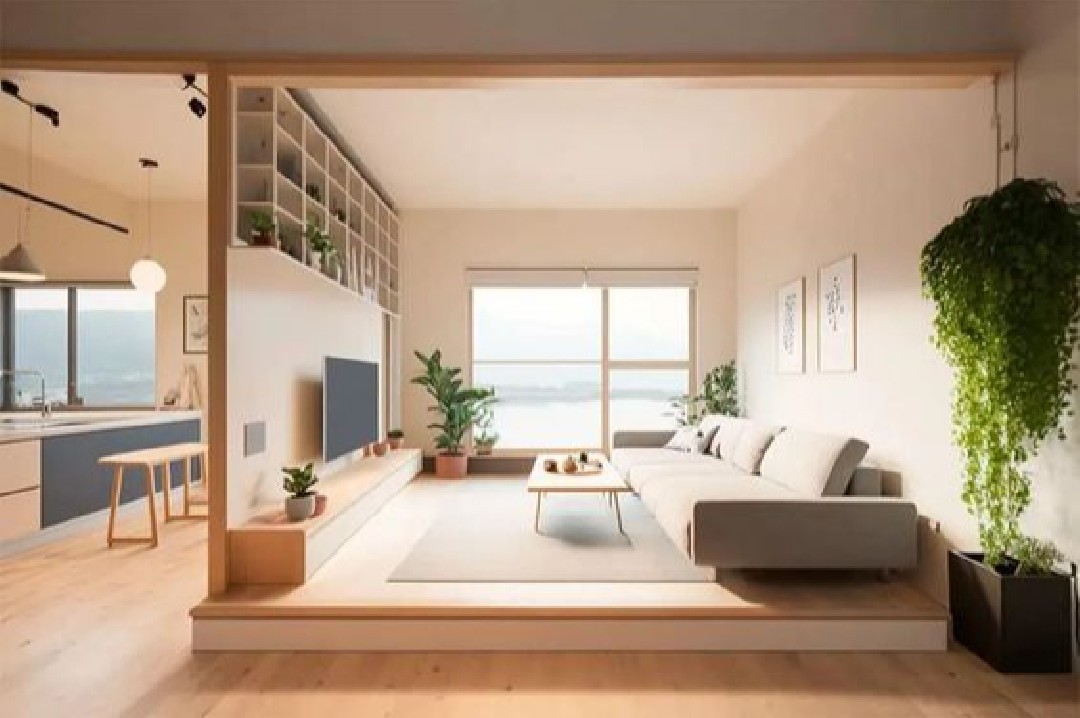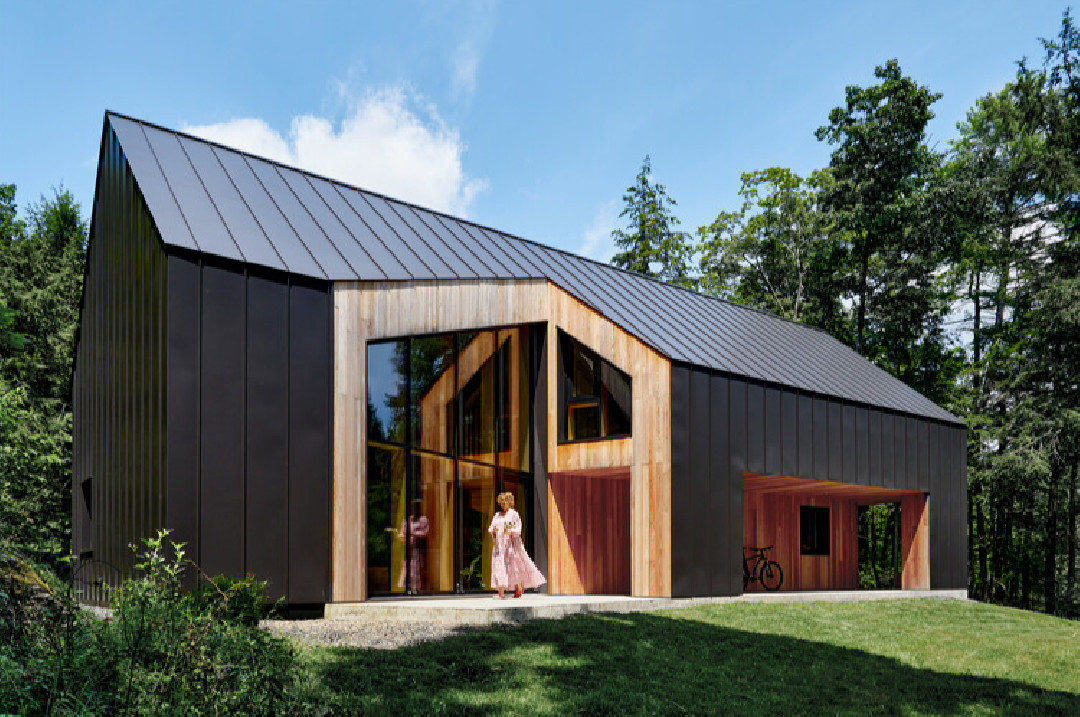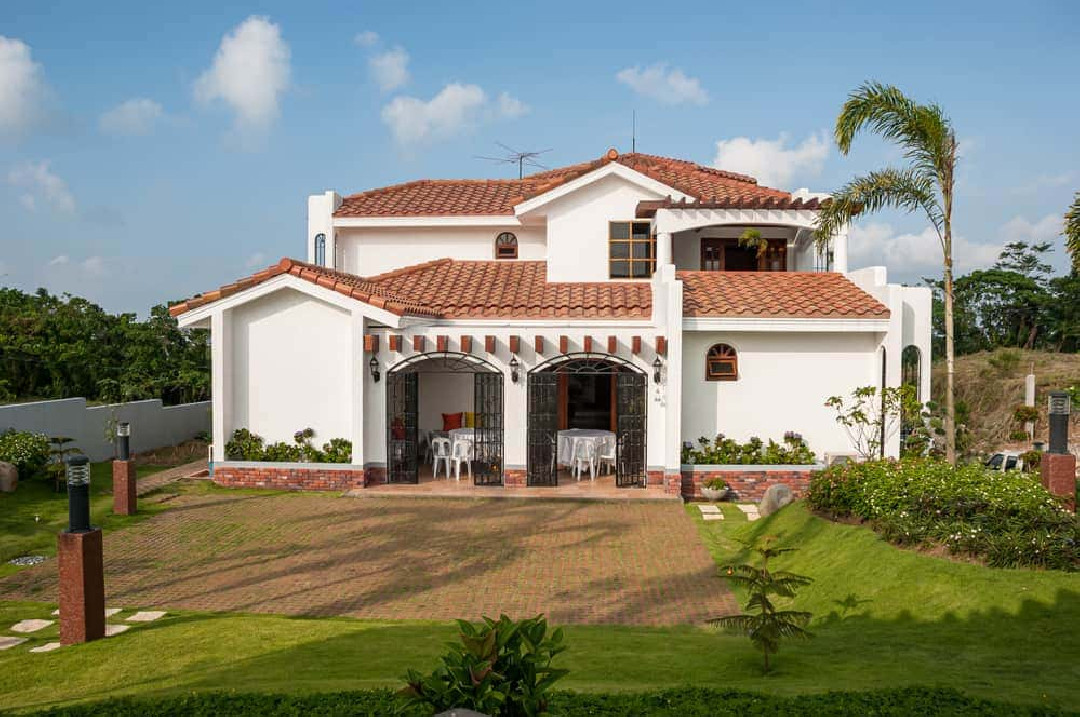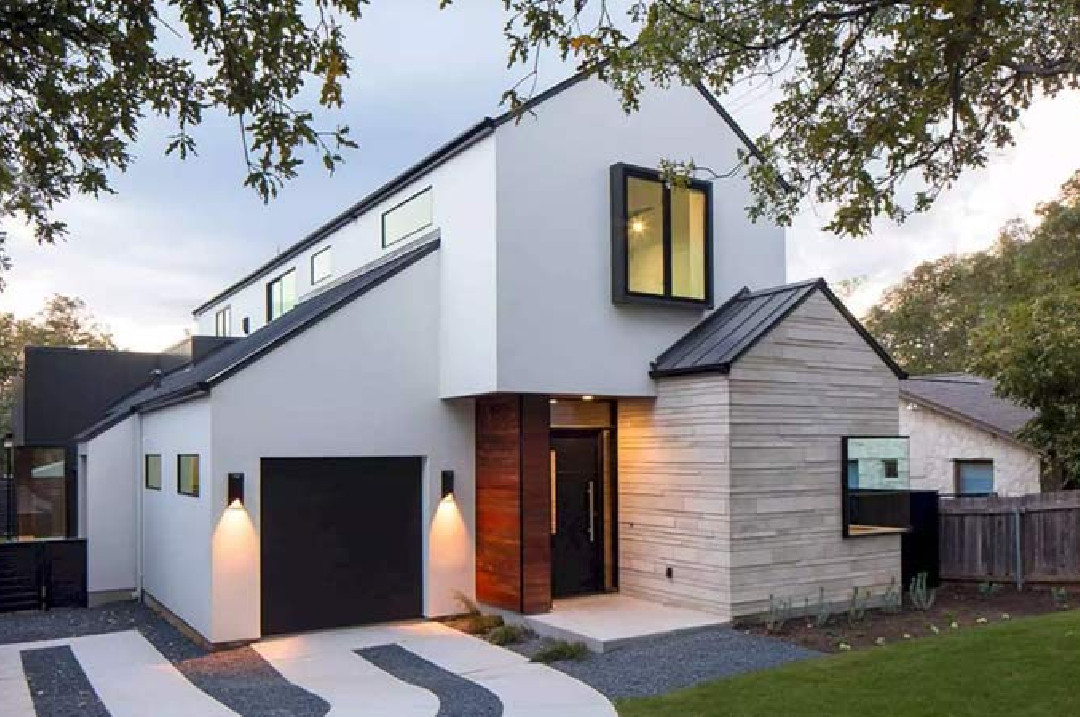Minimalist Lifestyle: Building a Home with the Concept of Less is More

Introduction
In the fast-paced, distraction-filled modern lifestyle, many people are seeking ways to simplify their lives. One increasingly popular approach is the minimalist lifestyle. This lifestyle is not only applied to personal and professional aspects but also in the way we design and build our homes. The principle of "less is more" is at the heart of this approach, focusing on eliminating non-essential elements and prioritizing quality over quantity.
Building a home with a minimalist concept offers various benefits, from cost efficiency to improved mental well-being. A minimalist home not only provides a more organized and clutter-free space but also creates a calmer and more harmonious environment. This article will discuss ten key aspects of building a home with a minimalist concept, explaining how minimalist principles can be applied to create a functional, aesthetic, and sustainable home.
1. Defining the Minimalist Lifestyle

The minimalist lifestyle is a philosophy that emphasizes simplicity and the reduction of non-essential items. In the context of a home, this means selecting only essential elements and eliminating unnecessary ones. The "less is more" principle focuses on quality over quantity, highlighting functionality and simple beauty.
In a minimalist lifestyle, space is not merely filled with objects but with purpose and value. A minimalist home tends to be cleaner and more organized, providing its owners with breathing room and clearer thinking. This is highly relevant in modern life, which is often overwhelmed by excessive possessions and information.
2. Cost Efficiency

Building a minimalist home can save on construction and decoration costs. By focusing on essential elements, homeowners can reduce spending on unnecessary items. For instance, by choosing a simple design and using high-quality but minimal materials, the budget can be allocated more effectively.
Additionally, minimalist homes tend to have lower maintenance costs. With fewer items and furnishings, the time and money required for upkeep and replacements are significantly reduced. This also means less energy is wasted on cleaning and maintaining the space, ultimately lowering long-term expenses.
3. Stress Reduction
A tidy and organized space can reduce stress and enhance mental well-being. When a home is cluttered with unnecessary items, it can cause feelings of overwhelm and anxiety. A minimalist home offers a calm and orderly environment, allowing the owner to feel more peaceful and focused.
A clean and simple environment also helps create a more positive atmosphere. Without visual distractions from clutter, the mind can be calmer and more relaxed. This is crucial in modern times when stress and pressure often dominate daily life.
4. Sustainability

The minimalist lifestyle supports sustainability by reducing the use of natural resources. By choosing high-quality, durable items, we reduce the need for constant buying and discarding of goods. This helps lower waste and the negative impact on the environment.
Moreover, minimalist homes are typically more energy-efficient. Simple and efficient designs allow for better use of natural light and reduce the need for heating or air conditioning. This is not only beneficial for the environment but also reduces monthly energy bills.
5. Focus on Functionality

In a minimalist home, every element is selected based on its function. This means every item must have a clear purpose and benefit. This approach helps avoid impulsive purchases and ensures that every element in the home is used optimally.
A functional approach also encourages creativity in finding smart and efficient solutions for daily needs. For example, choosing multifunctional furniture that can serve various purposes helps save space and money. Thus, a minimalist home is not only more aesthetic but also more practical.
6. Quality over Quantity
One of the main principles of the minimalist lifestyle is choosing quality over quantity. Instead of filling a home with numerous items, focus on a few high-quality, durable pieces. This not only provides a more elegant look but also ensures that the items last longer.
Investing in high-quality items also means we are more likely to care for and appreciate them. This reduces the need for frequent replacements and saves money in the long run. It also helps avoid contributing to a wasteful and unsustainable consumer culture.
7. Maximizing Space

Minimalist homes make the most of every inch of space in a smart and efficient way. With the right design, even small spaces can feel open and comfortable. This approach involves using hidden storage solutions and furniture that can be folded or adjusted.
By maximizing space, we can also create more functional and versatile areas. For example, a living room that doubles as a workspace or a dining area that can be transformed into a family room. This allows for more flexibility in using the space and optimizes every square meter of the home.
8. Simplicity in Decoration

Minimalist home decoration is usually simple and clean, with neutral colors and unobtrusive patterns. This helps create a calm and harmonious atmosphere. Instead of using many small decorations, focus on a few art pieces or furniture items that serve as focal points.
Simplicity in decoration also means less time and effort required to keep the home tidy and organized. With fewer items to clean and arrange, homeowners can enjoy their space without feeling overwhelmed by excessive household chores.
9. Connection with Nature

Many minimalist homes utilize natural elements to create a more peaceful and nature-connected atmosphere. Using natural materials such as wood, stone, and houseplants can bring warmth and texture into the home. This also helps create a healthier and more refreshing environment.
Opening up spaces to the outdoors, such as with large windows or sliding doors that connect to a garden, is also a key element in minimalist design. This not only enhances natural lighting but also makes the space feel more expansive and integrated with the surrounding nature.
10. Enhancing Quality of Life
The minimalist lifestyle can enhance the quality of life by providing space for what truly matters. By reducing physical and mental clutter, we can focus on relationships, health, and activities that bring deeper meaning to our lives.
A minimalist home also encourages healthier and more organized living habits. With a neater and simpler space, we are more likely to keep the home clean and adopt more disciplined routines. All of this contributes to overall well-being and happiness in daily life.
By adopting minimalist principles, we not only create a more beautiful and functional home but also lead a more satisfying and meaningful life. The principle of "less is more" helps us find happiness and peace in simplicity.






